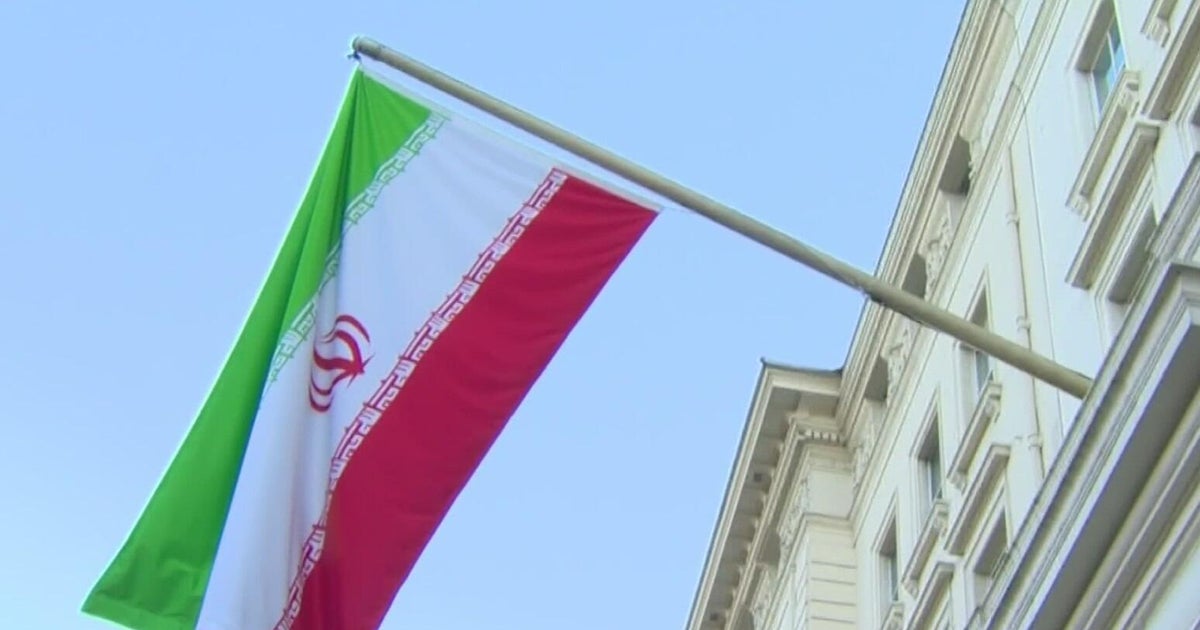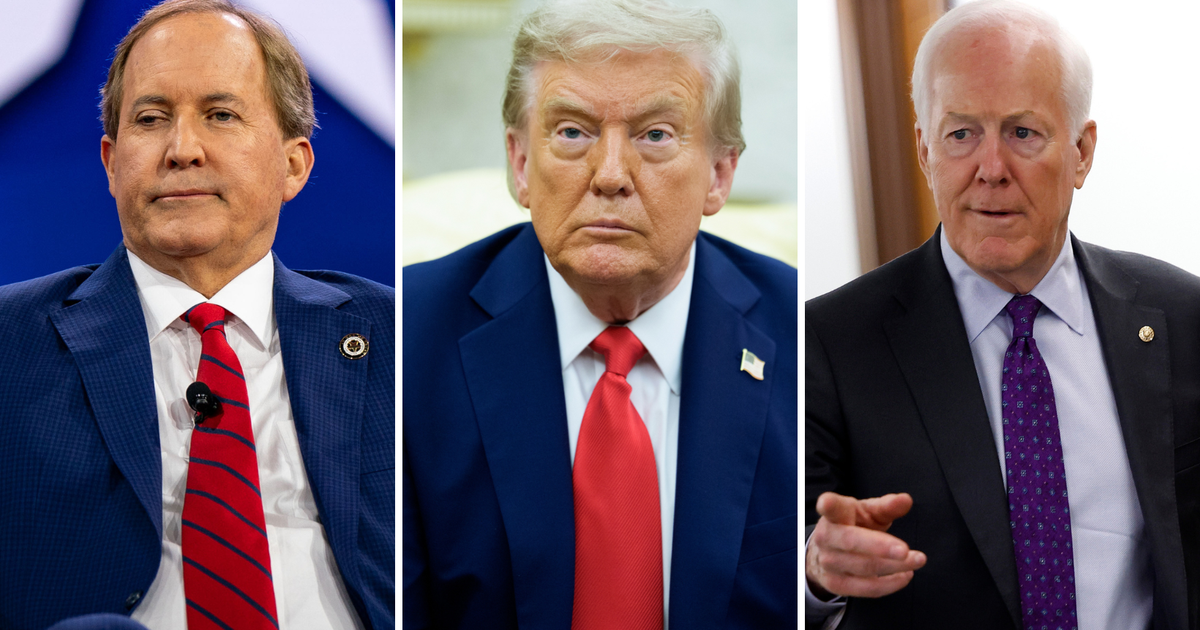Netanyahu returns to power as head of Israel's most far-right government ever
Benjamin Netanyahu was sworn into office Thursday for a record sixth time as Israel's prime minister, leading a government seen as the most far-right since the country was established in 1948. His most recent election victory led to the creation of a coalition that includes ultranationalist and religious parties that were once on the fringes of Israeli politics.
Critics say the incoming administration could be the most intolerant and most insular government ever to lead the country.
To form a governing coalition, Netanyahu aligned himself with nationalist and ultraorthodox Jewish parties that have long pushed for policies that would sideline Palestinians, non-Orthodox Jews and the LGBTQ community. They have also sought to prevent women from serving in the military alongside men.
Netanyahu, who has returned to power despite facing trial on corruption charges, addressed lawmakers in the country's parliament ahead of his government's formal swearing-in Thursday afternoon and was interrupted repeatedly by hecklers from the opposition. He addressed them directly.
"I hear the constant cries of the opposition about the end of the country and democracy," Netanyahu said. "Opposition members, to lose in elections is not the end of democracy, this is the essence of democracy."
For the U.S., there are major political and cultural considerations. Netanyahu's Likud Party party has already vowed to expand Jewish settlements in disputed regions, including the West Bank. The White House has voiced opposition to any settlement expansion there as the West Bank is seen as the territorial core of a future Palestinian state.
President Joe Biden, calling Netanyahu a "friend," said in a statement Thursday that his administration would continue to support a two-state solution and "oppose policies that endanger its viability or contradict our mutual interests and values."
"I look forward to working with Prime Minister Netanyahu, who has been my friend for decades, to jointly address the many challenges and opportunities facing Israel and the Middle East region, including threats from Iran," Mr. Biden said. "The United States is working to promote a region that's increasingly integrated, prosperous, and secure, with benefits for all of its people."
From a religious perspective, most American Jews are non-Orthodox, so Israel's new government could erode support within the U.S. All that is likely to drive more tension between the two countries as Israel's new government veers further to the right.
The far-right coalition has also pledged to extend subsidies to Netanyahu's ultra-Orthodox allies and push for sweeping reform of the judicial system. The new government is expected to last a full term of four years.








